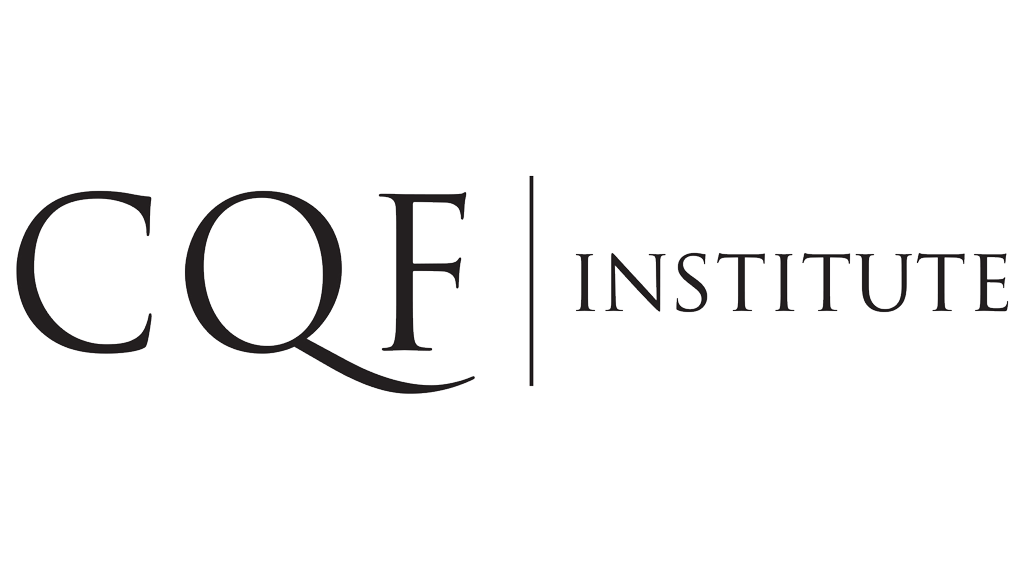Quantitative Finance degrees
Bayes Quantitative Finance Masters
Our three Quantitative Finance Master degrees (MSc Financial Mathematics, MSc Mathematical Trading and Finance, MSc Quantitative Finance) provide extensive knowledge of the theory and the practice of financial engineering, mathematical finance and computational finance. On completion, students will be able to understand the latest developments and trends in the field and contribute to industry practice.
The first term (Autumn) is common across the three degrees in Quantitative Finance, so that student can gain a strong foundation in financial markets, econometric analysis, and stochastic modelling, which form the core of the Quantitative Finance area.
In the second term (Winter), all students cover Risk Analysis and Fixed Income, and at the same time choose their stream of specialisation: Financial Mathematics, Mathematical Trading and Finance, or Quantitative Finance.
Students will be able to tailor further their degree in the third term by choosing to complete their education with either a business research project or an applied research project, or solely through electives.
Students will also build essential programming skills in Python and Matlab during the first two terms, and can learn other programming languages as third term electives.
Our London location provides the opportunity to learn from finance professionals joining us as visiting lecturers and guest lecturers. Further networking opportunities with international experts are offered by the Financial Engineering Workshops: in recent years we have hosted speakers from Morgan Stanley, Deutsche Bank, UBS, US Federal Reserve Bank, ICE and many more.
The MSc has had a remarkable impact on me personally and professionally. It has enabled me to work at some of the largest banks in the world and allowed me to develop strong friendships with my fellow classmates, who are now based all over the globe.
- Leon Bezverkhni, MSc Financial Mathematics alumnus

The Bayes Quantitative degrees are part of the network of academic partners of The Certificate in Quantitative Finance Institute.
Please accept marketing cookies to watch this video here.
Alternatively, you can watch it on YouTube.
What will you learn? The core modules
Term 1
- Asset Pricing
- Derivatives
- Stochastic Modelling Methods in Finance
- Foundations of Econometrics
- Research methods.
Term 2
- Risk Analysis
- Fixed Income
- 2 Specialist Modules for each stream (Financial Mathematics, Quantitative Finance and Mathematical Trading and Finance).
MSc in Financial Mathematics
Develop the skills and knowledge to solve financial problems in a mathematically sound way using stochastic modelling and simulation techniques.
Term 2 Specialist Modules
- Advanced Stochastic Modelling
- Simulation techniques and Financial Modelling
Find out more about the MSc in Financial Mathematics.
Throughout my studies at Bayes, I developed important transferable skills that are useful for all office environments and also Finance-specific industry knowledge that gave me an edge against the competition in the interview process.
- Evangelos Santas, Alumnus
MSc in Quantitative Finance
Gain the skills you need to make informed decisions on future investments, using forecasting models for risk management, scenario analysis and stress testing.
Term 2 Specialist Modules
- Econometrics of Financial Markets
- Numerical Methods – Applications
Find out more about the MSc in Quantitative Finance
This is a very good opportunity to explore the different fields and topics in Financial Engineering / Quants. You can utilise your exposure to the different industry research experts and gain a broad knowledge in various topics but also gain deep skills and knowledge in your eventual chosen discipline/topic.
- Suko Ndlovu, Alumna
MSc in Mathematical Trading and Finance
Learn how to develop innovative and effective trading strategies in the financial market with the help of advanced mathematical and statistical tools.
Term 2 Specialist Modules
- Machine Learning
- Quantitative Trading
Find out more about the MSc in Mathematical Trading and Finance.
This course has helped me to secure my first job as a Quantitative Developer as I have gained significant modelling skills from my core modules, as well as in my current job, which heavily relies on understanding and pricing Options.
- Dmitry Garanin, Alumnus